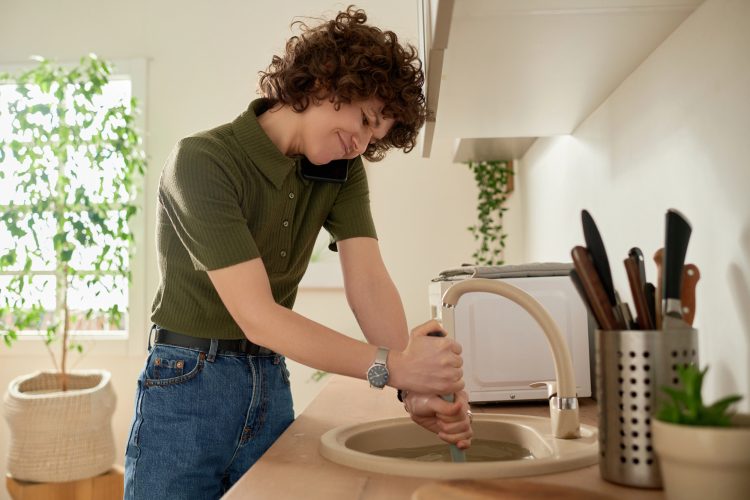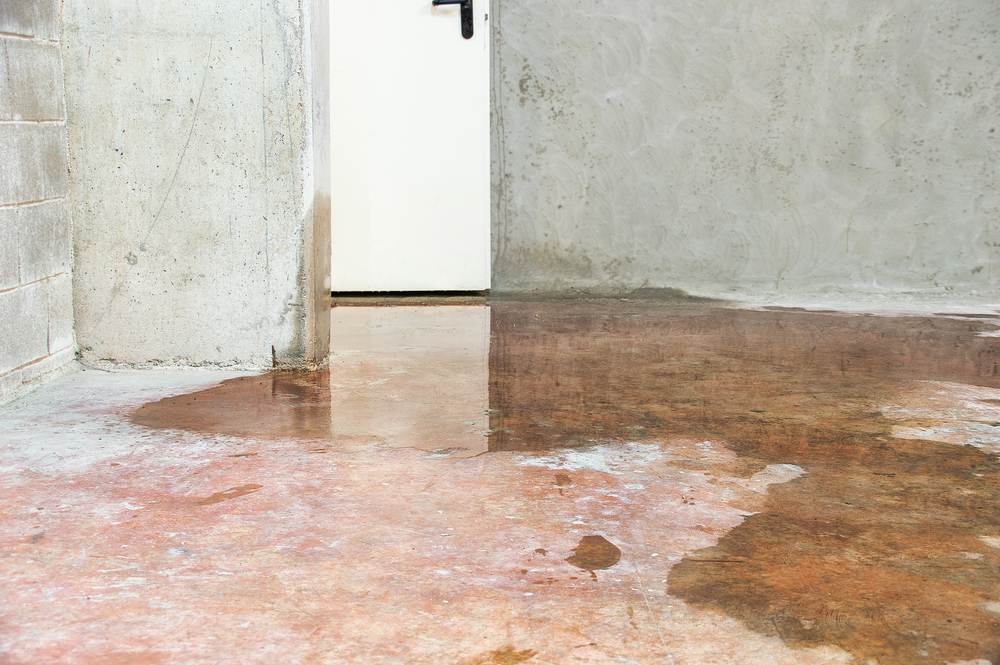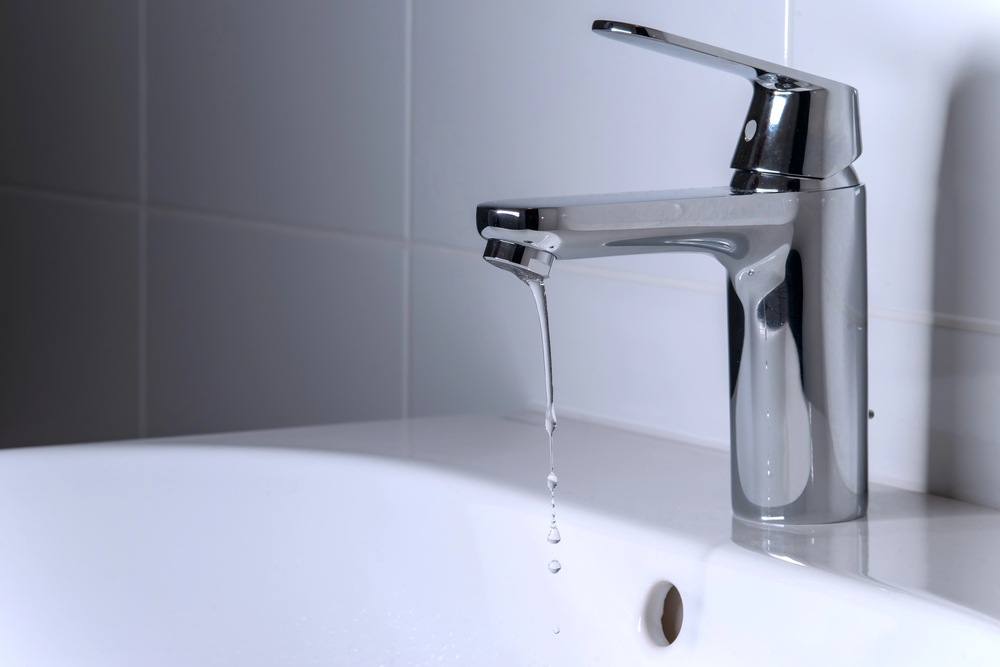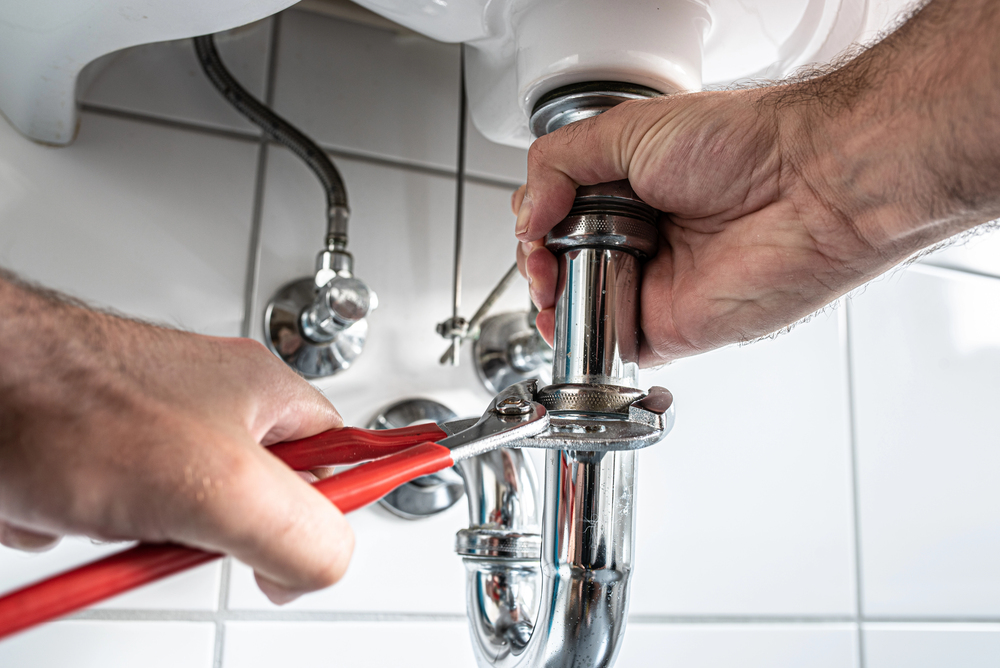Clogged Pipe: Causes, Solutions, And Prevention
Book today with Z PLUMBERZ of North America.
Few household problems are as frustrating as a clogged pipe. Whether it’s a slow-draining sink, a backed-up toilet, or a complete plumbing shutdown, blockages can disrupt your day and even pose health risks if left unchecked.
Understanding the root causes, exploring the best solutions, and implementing preventative strategies is essential for maintaining a reliable plumbing system. If you’re searching for a plumber to unclog pipes or wondering how to clear blockages in your pipe system, this guide will walk you through everything you need to know.

What Causes a Clogged Pipe?
Most clogged pipe problems stem from what goes down the drain. In kitchens, grease, food particles, and soap residue are the main culprits. Even with a garbage disposal, these substances build up along pipe walls over time, narrowing the passage and eventually stopping flow altogether.
In bathrooms, hair, soap scum, and dental floss are frequent offenders. Over-the-counter hygiene products, such as flushable wipes and cotton swabs, are also notorious for causing clogs, despite their names suggesting they’re safe for drains.
In larger systems or commercial spaces, materials such as oil, grease, sediment, or even foreign objects can pose significant risks. Construction debris, tree roots infiltrating underground lines, and old, corroded pipes are other common contributors. These blockages often develop gradually, starting with slowed drainage and culminating in full backups.
One particularly severe scenario is when a clogged pipe turns out to be a symptom of a blocked sewer line. This can affect multiple drains in your home and may cause waste to back up into living spaces. If multiple fixtures are clogged or you’re experiencing foul odors near drains, it’s time to seek professional help immediately.
How to Clear Blockage in Pipe Systems
When faced with a clog, many homeowners instinctively reach for chemical drain cleaners. While these products may offer temporary relief, they often contain harsh substances that can erode pipes and damage your plumbing system over time. For safer and more effective results, consider alternative methods.
Manual removal using a plunger or plumber’s snake is often the first step. A plunger creates suction and pressure to dislodge simple clogs, especially in sinks and toilets. A plumber’s snake, also known as an auger, is a flexible tool designed to reach deep into pipes to remove or break apart debris. These tools are widely available and can resolve many residential clogs without professional intervention.
Another DIY method involves using a combination of baking soda and vinegar. Pouring half a cup of baking soda followed by one cup of vinegar into the drain, then covering it for 15 minutes before flushing with hot water, can dissolve minor organic blockages. However, this solution works best on slow drains rather than complete blockages.
For more stubborn or recurring clogs, hydro jetting is a powerful solution used by professionals. This process involves blasting highly pressurized water through pipes to clear out debris, grease, and roots without causing damage. It’s especially effective for older homes or commercial buildings with significant buildup.
Video pipe inspections also offer valuable insights. Using specialized cameras, plumbers can visually assess the condition and location of blockages inside the pipe system. This technology allows for targeted repairs and minimizes unnecessary disruption.
When to Call a Plumber for Clogged Pipes
There comes a point where DIY efforts fall short, and calling in a licensed professional becomes essential. If you’ve tried plunging, snaking, and home remedies with no success, or if multiple drains in your home are experiencing issues simultaneously, it’s time to consult a plumber.
Persistent gurgling sounds, recurring clogs, water backing up from floor drains, and foul smells are all signs of a deeper issue that needs expert attention. Attempting to fix complex or deeply rooted blockages without proper tools can exacerbate the problem and increase repair costs.
A trained plumber will not only clear the current blockage but also identify the underlying cause. Whether it’s tree root intrusion, a collapsed pipe, or an issue with your main sewer line, professional plumbers have the equipment and expertise to provide long-term solutions.
Long-Term Prevention: Tips to Avoid Clogged Pipes
The best way to handle clogged pipes is to prevent them from occurring in the first place. Making simple changes to your daily routines and being mindful of what goes down your drains can drastically reduce the risk of future issues.
In the kitchen, never pour grease, fats, or oils down the sink. Instead, collect them in a container and dispose of them with your regular trash. Use sink strainers to catch food particles and empty them regularly. Running hot water after each use can also help flush minor debris before it accumulates.
In the bathroom, use hair catchers in showers and tubs, and avoid flushing anything other than toilet paper. Even products labeled as “flushable” can cause problems over time. Teaching all members of your household proper disposal habits goes a long way toward maintaining clear pipes.
Scheduling routine plumbing maintenance is also a smart preventive measure. Periodic inspections and professional drain cleaning services help remove buildup before it becomes a serious clog. This proactive approach not only ensures a smoothly functioning system but can also extend the lifespan of your plumbing.
Pay attention to your water pressure as well. Extremely high water pressure can cause undue stress on pipes, leading to cracks and leaks that promote clogs. Installing a pressure regulator can keep pressure levels within a safe range.
Finally, consider upgrading outdated plumbing systems. Old metal pipes are prone to corrosion and sediment buildup, which can lead to chronic clogs. Replacing them with modern materials, such as PVC or PEX, can improve water flow and reduce the likelihood of blockages.
Common Myths About Clogged Pipes
Several misconceptions persist when it comes to dealing with clogged pipes. One of the most common myths is that small food scraps and coffee grounds are safe to dispose of in the sink, especially with a garbage disposal. In reality, these materials can accumulate and create dense blockages over time.
Another myth is that “flushable” wipes disintegrate like toilet paper. Most wipes do not break down quickly and often contribute to significant clogs in both home plumbing and municipal sewer systems.
Many believe that chemical drain cleaners are the go-to solution. However, repeated use of these harsh chemicals can corrode pipes and harm the environment. They’re often a temporary fix for a deeper problem.
It’s also a myth that all clogs happen suddenly. Most blockages build up gradually, offering warning signs such as slow drainage, gurgling noises, and unpleasant odors. Ignoring these signs can lead to costly repairs down the road.
Why Timely Action Matters
Ignoring a clogged pipe can have more serious consequences than a simple inconvenience. If water continues to back up, it can result in structural water damage, mold growth, and even exposure to sewage, all of which pose significant health and safety risks. Additionally, a minor blockage left unchecked can stress your plumbing system and lead to a pipe rupture, which is far more expensive to repair than clearing a clog.
Addressing clogs early also saves money. Professional intervention may cost more upfront, but it prevents the need for major plumbing overhauls in the future. Preventative care, like inspections and hydro jetting, is a worthwhile investment in your home’s infrastructure.
How We Can Help
Clogged pipes may be a common plumbing issue, but they don’t have to be a recurring headache. By understanding the causes, implementing effective solutions, and maintaining your plumbing system properly, you can keep it running smoothly.
At Z PLUMBERZ of Livonia, we understand the disruption a clogged pipe can cause, whether you’re dealing with a slow drain or a full-blown backup. That’s why we offer prompt, reliable service designed to get your plumbing back on track without the stress. We provide upfront pricing, so you know exactly what to expect before we begin any work. Our team is available 24/7 to handle plumbing emergencies with no overtime charges.
We believe that informed customers make the best decisions, which is why we take the time to explain your options and offer solutions that fit your needs. Whether it’s clearing a clog, inspecting your lines, or upgrading outdated pipes, we have the tools and experience to deliver results that last.
If you’re looking for a trusted plumber to address clogged pipes or need professional guidance on how to clear blockages in your pipe system, don’t hesitate to reach out. Explore our clogged pipe repair services today, and let us handle the dirty work with professionalism and care.
Additional benefits of partnering with us include
-

24/7 Emergency Services, Paperless Communication
-

Reduced Rates and Preferred Pricing
-

Preventative Maintenance Scheduling
-

Online Scheduling and Account Management


